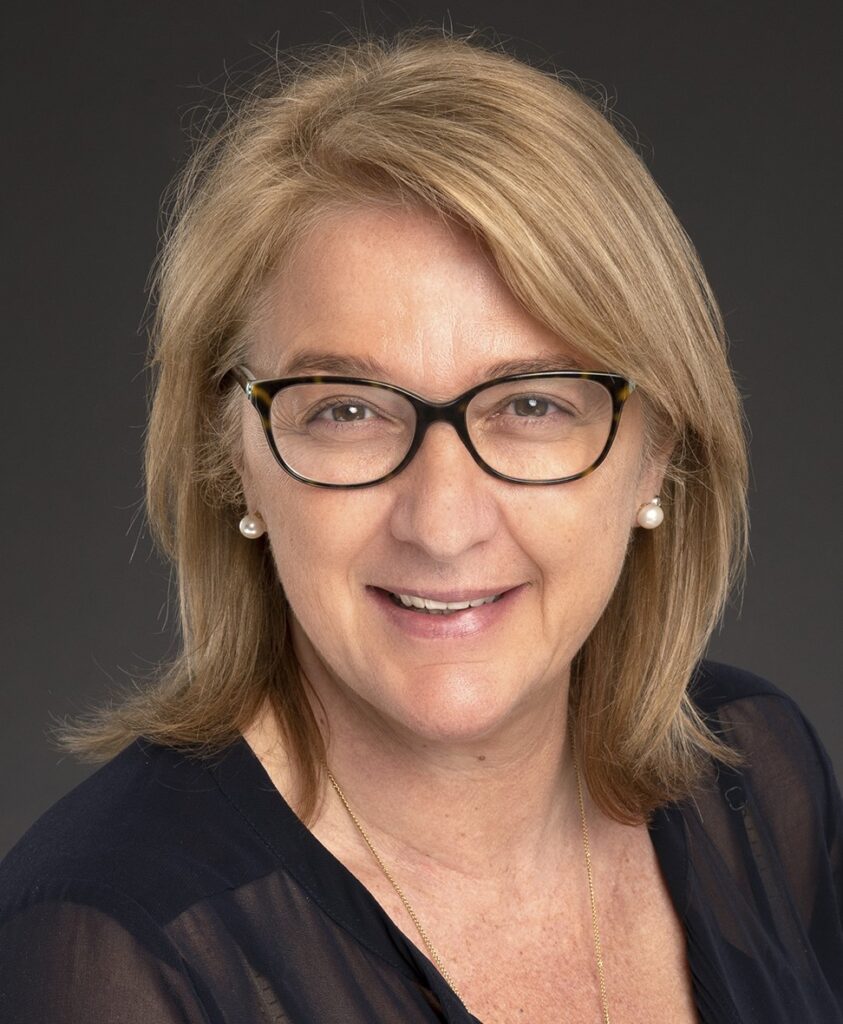January 24, 2024

Asuncion Mejias, MD, PhD, MSCS, FPIDS, is Full Member in the Department of Infectious Diseases at St. Jude Children’s Hospital. She is an international medical graduate (IMG), completing her medical degree at Facultad de Medicina, University of Málaga in Spain. Her residency was at Hospital Gregorio Maranon in Madrid and her fellowship at UT Southwestern Medical School and Children’s Medical Center. She also holds a PhD from Universidad Autonoma de Madrid & Facultad de Medicina, University of Málaga and a Master’s in Clinical Sciences from University of Texas Southwestern Medical School.
Dr. Mejias is newly elected member of the PIDS Board of Directors. Previously, she has served the Society on several committees, including Research Affairs, International Affairs, Nominations and Awards. In addition, she has been the PIDS liaison for the Advisory Committee on Immunization Practices (ACIP) for the RSV Pediatric/Maternal Work Group as part of the Center for Disease Control (CDC).
Why Pediatric ID? Somehow, as soon as I started my pediatric residency I knew. It was fascinating to me to be able to accurately diagnose the patients and “cure” them. I remember when I was doing my neurology rotation I would go to the library and instead of reading about seizures I was intuitively heading towards reading on pneumococcal meningitis. As I was finishing my residency, I really wanted to learn more about infectious diseases, so I applied for a grant sponsored by the Spanish Academy of Pediatrics to study RSV pathogenesis in the mouse model in Octavio Ramilo’s lab at UT Southwestern Medical Center. I was awarded with that grant and moved to the US. The rest is history.
Where have you taken your ID focus? For many years I have been studying RSV, which is a trending topic nowadays. After almost 70 years since RSV was discovered, two strategies to prevent RSV bronchiolitis in young infants were approved late in 2023. It gives me goosebumps! But we are not done yet, this is just the beginning. We still need to understand the factors that predispose these children to develop severe RSV disease.
To this end we have undertaken a comprehensive approach that includes epidemiology data, the analyses of systemic and mucosal host responses, the role of RSV loads/genotypes or the impact of RSV-viral or bacterial interactions. The latter is underestimated topic for which we have done already a number of studies, and those could serve as a model for other respiratory viral infections. We are in a good place now for young infants, but we need to continue monitoring the effectiveness of the new interventions. It is also critical to continue developing preventive and therapeutic strategies for older infants and children as the disease burden extends beyond the first 6 months as shown in the recent paper that we published.
What is a recent development in peds ID you are working on? That aforementioned paper we recently published – Trends in Age and Disease Severity in Children Hospitalized With RSV Infection Before and During the COVID-19 Pandemic – reflects the struggles that we had during the COVID-19 pandemic and the ramifications that followed. In our previous work, and in other several studies, young age (i.e., the first 3-6 months of age) has always been found as a risk factor for severe RSV disease. After the restrictions for COVID-19 were lifted, we found that the median age of children that were hospitalized with RSV infection increased the two first seasons after the pandemic (likely due to lack of previous exposure). Importantly we also found that disease severity was worse also in infants 6-12 months of age. There are still several unknowns, which is the most interesting part of doing research, and the next question to address is why? This is something that I am very interested and determined to figure out.
What do you enjoy most about being a PIDS member? What keeps you renewing your membership? I love the interaction with my colleagues. I am proud of the scientific accomplishments that the PIDS community generate. I am lucky to be a PID specialist and be surrounded by so many smart people, that are friends and mentors. We have the best specialty!!